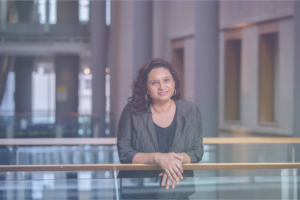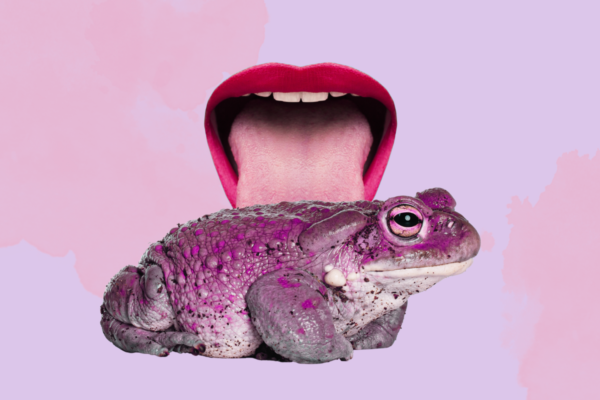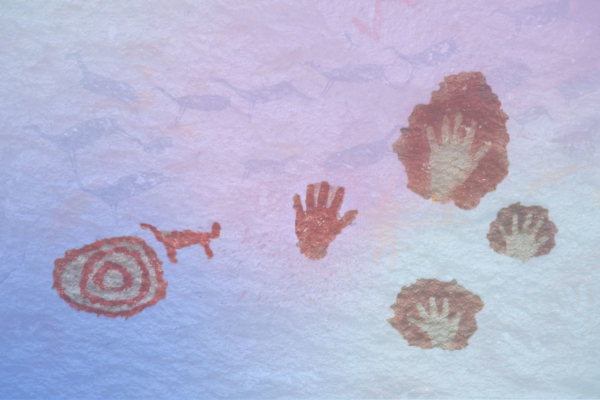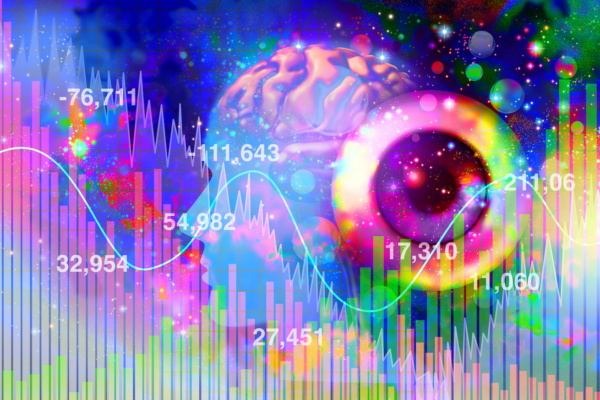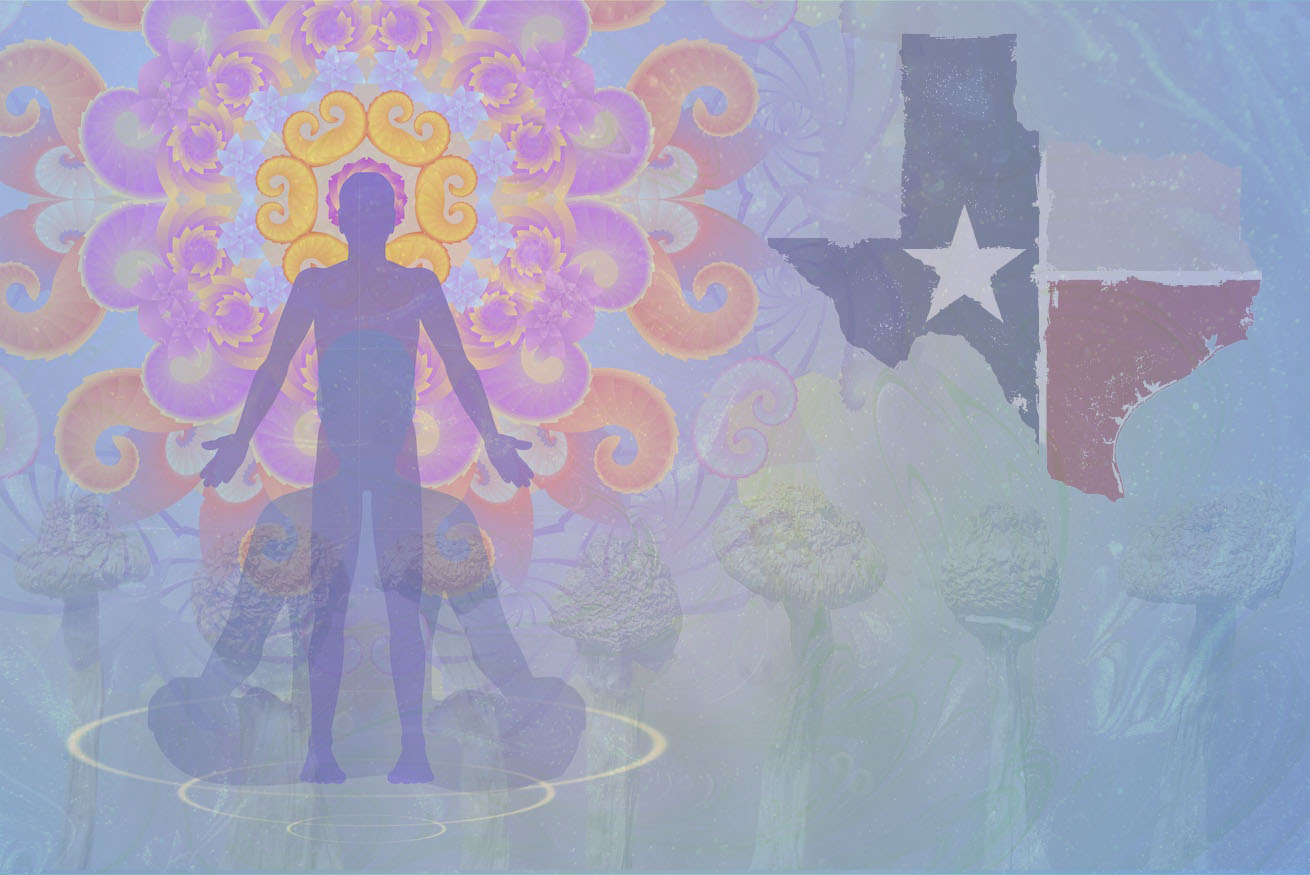
Is Texas poised to become a hub for psychedelic research?
Six months after Governor Greg Abbott (R) signed a bill that requires the state to study the risks and benefits of psilocybin, MDMA, and ketamine for veterans, the Dell Medical School at the University of Texas at Austin announced the launch of the Center for Psychedelic Research and Therapy — the first center of its kind in Texas.
Center co-lead Charles B. Nemeroff, professor and chair of Dell Med’s Department of Psychiatry and Behavioral Sciences, said its “research will bring further scientific rigor and expertise to study psychedelic therapy.” Researchers will conduct clinical studies with the aim of exploring potential for psychedelic-assisted therapy to treat depression, anxiety and post-traumatic stress disorder (PTSD), using substances such as psilocybin, MDMA, ibogaine and ayahuasca.
Initial focus will be on military veterans living with PTSD — a population state senators were particularly interested in helping when the Texas State Senate voted to approve the previously mentioned legislation last May. The Lone Star State has the nation’s second-largest veteran population with about 1.6 million, and previous studies and testimonies demonstrating psychedelics’ abilities to heal their trauma is no doubt fueling the widely conservative state’s commitment to this progressive area of study.
The Heroic Hearts Project, a non-profit organization that has been busy spearheading a psilocybin research program to treat veterans suffering from traumatic brain injury (TBI) with psychedelics, will be among the center’s first program partners, along with The Mission Within, a clinical psychedelic retreat provider in Rosarito, Mexico creating specialized treatments for PTSD, mTBI, depression, anxiety, and personal growth.
“This work has the potential to change the paradigm in mental health and firmly stamps UT Austin at the forefront of psychiatric innovation,” said UT alumnus Paul Barnhart III, one of the early donors supporting the center, which will also cater to adults experiencing prolonged grief disorder or depression, as well as those who have experienced childhood trauma.
Greg Fonzo, an assistant professor in Dell Med’s Department of Psychiatry and Behavioral Sciences, will co-lead the center with Professor Nemeroff. Now that the center has secured funding to launch its initial work, Fonzo will investigate how psilocybin and transcranial magnetic stimulation work together to provide lasting relief for stress-related depression and anxiety.
“A key ingredient in how psychedelic therapies promote mental health may be their ability to enhance neural plasticity, the process that allows the brain to adapt to new experiences — which when combined with brain modulation therapies may promote maximum benefit,” Fonzo said. “The potential implications are far-reaching for people with these conditions and their families, and also for the future of mental health treatment and care.”
The Center for Psychedelic Research and Therapy is one of several academic institutions springing up around North America in wake of renewed interest in psychedelics, which were first brought to mainstream attention and study in the mid 1950s before America’s War on Drugs forced research underground by the early 1970s.
The University of Wisconsin-Madison School of Pharmacy become the first school in the United States to offer master’s program in psychedelic medicine earlier this year, and then launched the UW-Madison Transdisciplinary Center for Research in Psychoactive Substances to coordinate its ongoing research and education related to psychedelic compounds. Meanwhile in Canada, the University of Ottawa offers a psychedelic studies program, as well as a master’s program.
